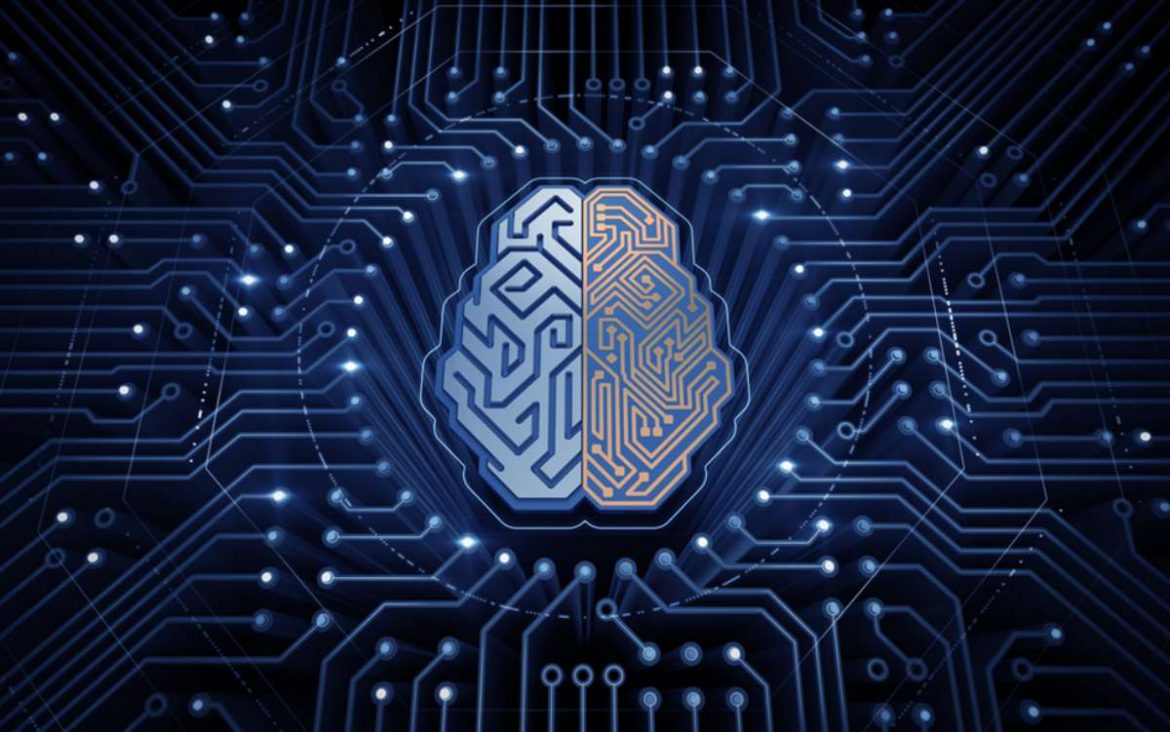AI Change in the Next Decade – Artificial intelligence (AI) seems like a technology of the future — except that it exists in the world today. The first AI program was developed more than half a century ago, and though progress in the field of AI was slow to start, developments in AI are now occurring at a breakneck pace. In fact, organizations that have not implemented digital strategies utilizing the power of AI are losing their competitive advantage to disruptive AI forces across industries.
However, AI remains a young technology, and the field continues to advance, sometimes in unpredictable ways. Executives eager to leverage AI in their business strategy should enroll in AI courses to understand the current state of enterprise-ready AI. Then, looking ahead, they can use the following projections for AI over the next decade to plan their next moves.
Table of Contents
Predicting Consumer Behavior With Greater Accuracy
Consumers do not always act rationally or in their own self-interest — as economists and business leaders might hope. Understanding and anticipating the behavior of consumers requires an overabundance of data, which is why many executives expect to outsource this task to AI. Fortunately, AI will become better at predicting consumer behavior, to include consumer tastes and trends, allowing executives to make better strategic decisions regarding products, marketing, and customer service.
Developing Perfectly Personalized Products
For decades, consumers have largely accepted the mass-produced products available to them, but one-size-fits-all solutions are not always ideal. AI makes it safer and more affordable for businesses to develop personalized products, as AI tools can help reduce risks associated with offering consumers so much control. Personalization is especially important in fields like healthcare, where computers can analyze more data points to generate patient experiences and treatment plans for each individual.
Escalating Cyber Warfare
AI will help cybersecurity professionals fend off cyberattacks by anticipating and guarding against emerging threats. However, AI is not a tool reserved for the ‘good guys’, cyberattackers also have access to this advancing tech, and thus, AI will also be used to generate new and more devastating forms of attack. Therefore, over the coming decade, web users at every level are likely to experience a vicious struggle between cybersecurity firms and cybercriminals intent on defeating protections, stealing data, and wreaking havoc.

Solving the World’s Transportation Woes
Already, AI is an active force in the transportation industry. Manufacturers have already released level-2 self-driving vehicles to the American public, and intense car cultures like Germany and Japan are likely to permit truly autonomous level-3 vehicles in the next couple of years. As these are proven safe and effective, transportation could see the elimination of human-driven vehicles in everything from taxis and buses to freight trucks, trains, and even planes. Machine-driven cars could make transportation more efficient and less expensive — and it could revolutionize the concept of vehicle ownership.
Assuming the Most Mundane Tasks
The AI solutions currently available are considered narrow and weak, as they can only perform single, predetermined tasks, unlike people, who are capable of applying knowledge and skill to a wide variety of tasks. However, this exclusivity could be considered a benefit, as it means that AI is perfectly suited to assume some of the most boring and repetitive tasks within a business. As this occurs, employees will gain more freedom to apply their time and energy to more fulfilling responsibilities.
Conclusion
Many of the changes predicted for AI in the coming years are the result of faster processors and more skilled technicians. By using stronger machines to run AI programs and feeding those programs with better data, we will gain access to AI solutions that require less monitoring and produce better results.
Yet, few AI experts anticipate AI applications to gain any significant knowledge or capability; in other words, the AI of the coming decade will likely remain narrow and weak. Though many futurists and AI technologists are eager for the introduction of general and even super intelligence from machines, the development of these major technological advances is not likely to occur before 2050 — if ever.
Fortunately, the narrow AI solutions currently available are plenty powerful for enterprise use. In fact, business leaders must invest in AI knowledge and tools today to remain relevant as markets take increasing advantage of this young and exciting tech.


